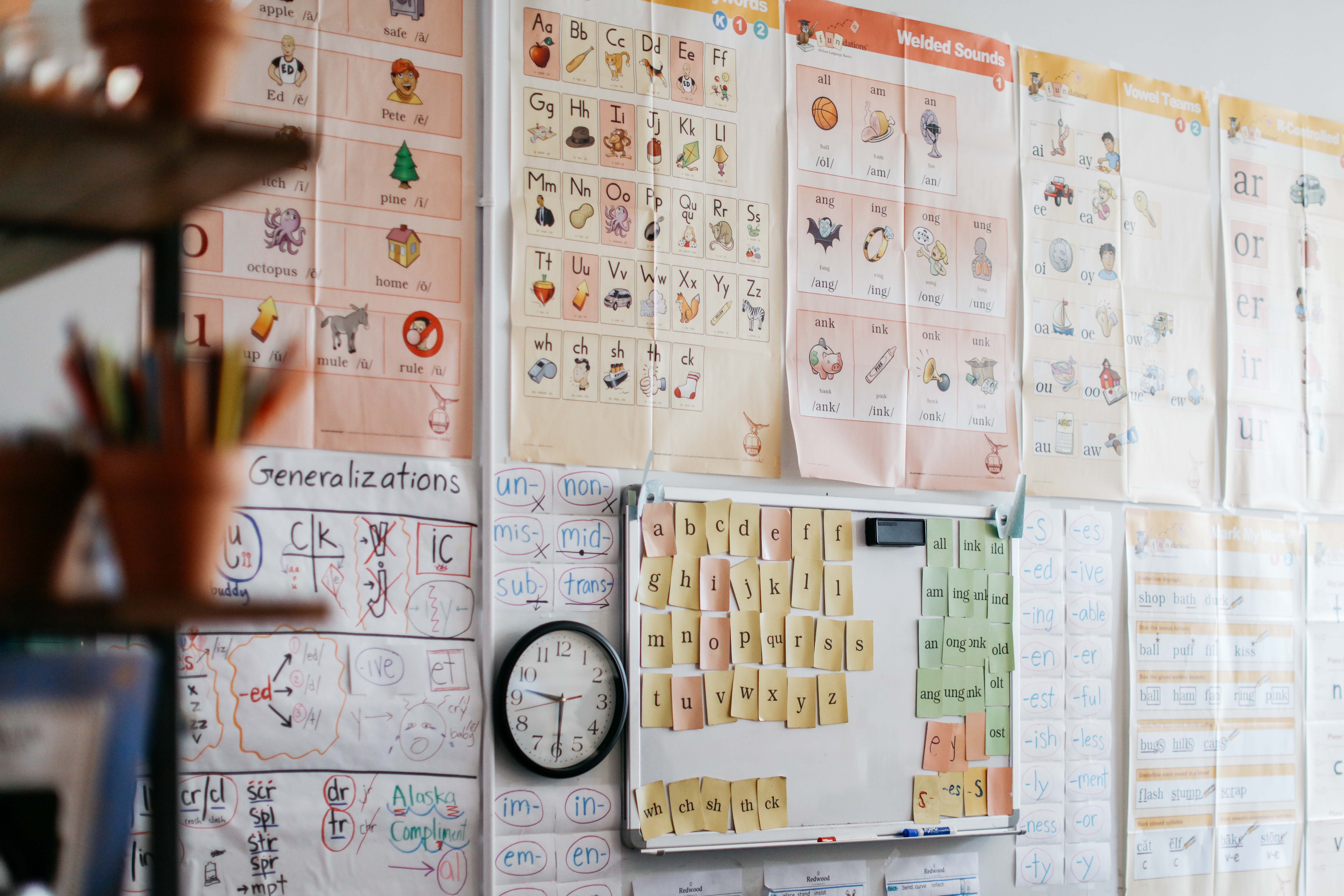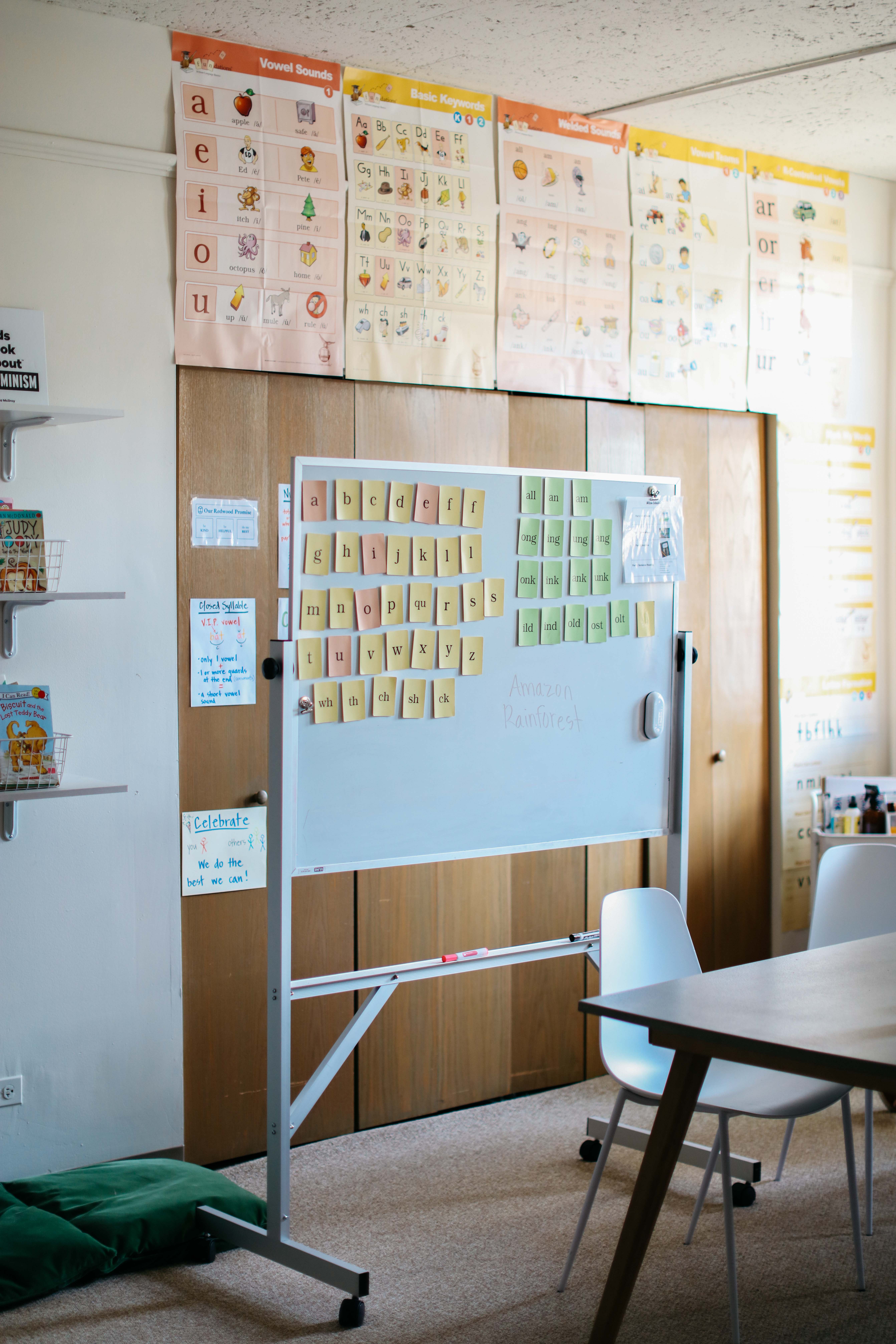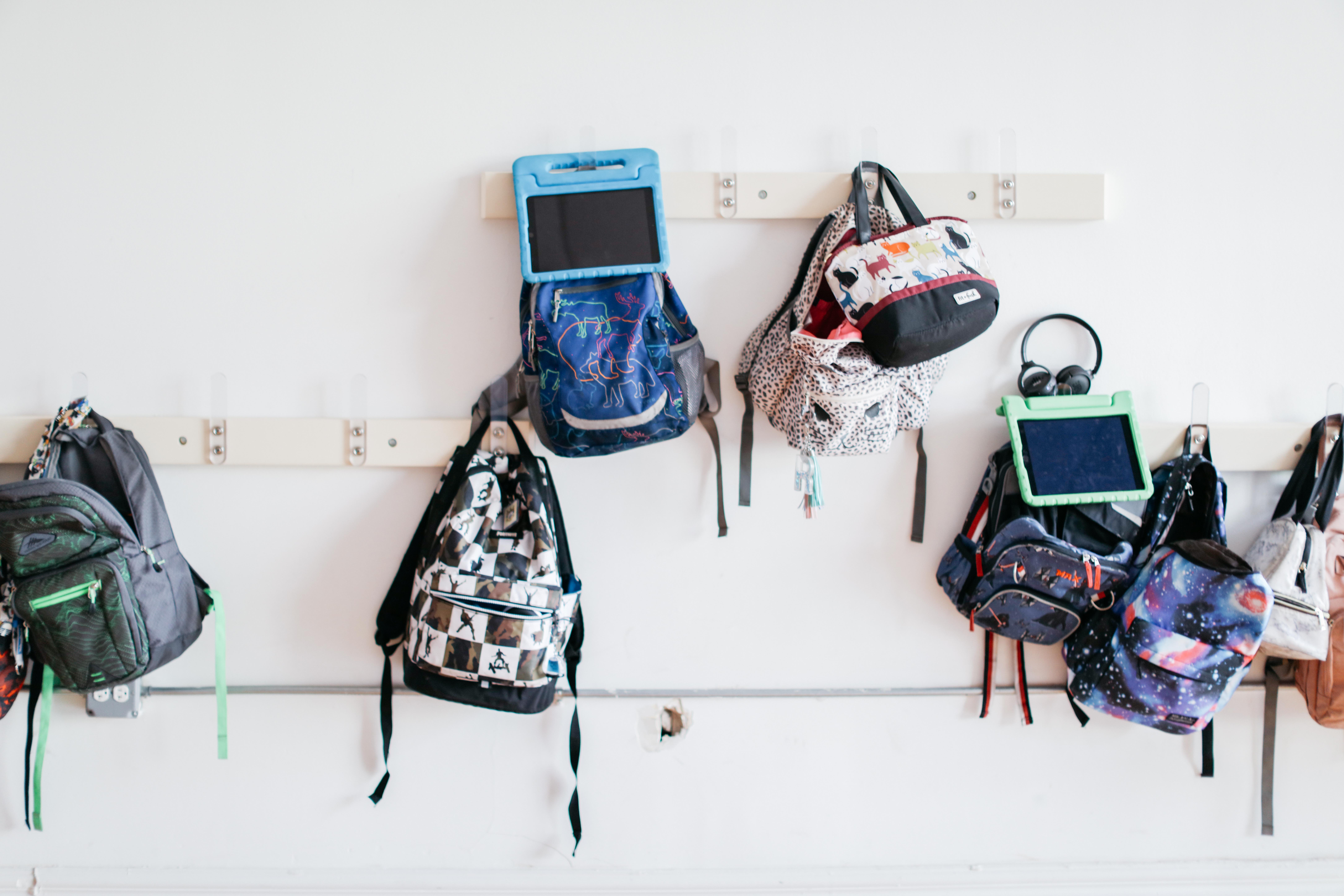.jpg)
.avif)
If your child was just diagnosed with dyslexia, take a deep breath—you are not alone. Dyslexia affects one in five kids – that’s millions of families navigating this journey, a vast network of parents, caregivers, and teachers who know what you’re experiencing right now. We parents are in a powerful position to shape how our children see themselves and their future. The support you and your child need is out there.
As a dyslexia specialist and a mom of a dyslexic learner, I want to share three things I will never say to my child—and what I say instead. These are hard-earned lessons, and they’ve had a profound influence on the way we’ve navigated this journey together.
.jpg)
1. I’ll never tell my child she has a “learning disability”
Labeling dyslexia as a “disability” plants the seed of a victim mindset in a young child’s mind. Instead, I tell my child, “Your brain learns differently. That means school might feel harder because it was built for the majority, not the minority. But different doesn’t mean broken—it means we figure out a different path forward.”
This shift in language helps my child own her experience instead of feeling owned by it. When we talk about dyslexia as a learning difference, we’re teaching children that their brains are wired uniquely. That unique wiring means they’re unusually gifted in many ways, but in other ways they’ll struggle a little more — with the right support, though, the struggle dissipates while the giftedness grows.
2. I’ll never tell my child she just needs to “try harder”
Dyslexic learners are already working harder than most of their peers. Telling them to give more energy when they’re already exhausted is unhelpful and disheartening. It illustrates a failure of empathy, which weakens trust.
Instead, I say, “I see how hard you're working. Let’s figure out what support you need next.”
That support looks different over the years:
- In elementary school, students need specialized, evidence-based reading instruction.
- In middle school, along with reading instruction, they need assistive technology and AI tools to save cognitive energy.
- In high school, they need to be coached on how to advocate for equitable academic expectations, along with accommodations on standardized tests.
Progress won’t always be linear, and some seasons will feel harder than others. But when I see my child struggling, I don’t double down on pressure—I double down on support.
3. I’ll never tell my child that school alone is enough
I partner with my child’s school, but I don’t hand over full responsibility to them. Most schools—while well-intentioned—are not equipped to meet the unique needs of dyslexic learners. They have limited time, limited resources, and too few trained educators, which means instruction will be focused on the majority, not the minority.
I remind myself, “I am my child’s first and lifelong advocate, and I can help her learn to advocate for herself.” That means I ask the hard questions. I bring in outside experts. I don’t wait for things to get worse—I speak up the moment I notice something isn’t clicking. The school is my partner, but I’m leading the charge.

A Resilient, Creative Community
Dyslexia may be invisible, but you are seen. You’re part of a massive, brave community of parents rewriting what success looks like for our kids. Don’t do it without support. Find your people, start conversations in your community, and involve your child in every step. The journey is theirs—but they don’t have to walk it alone.
At Redwood, we’re here to walk with your child. We’re a place built for dyslexic learners. If you need support building an individualized plan for your child, please reach out. You can email us or call us anytime—our contact info is at www.redwoodliteracy.com.
Let’s walk this path together. Because when one in five kids learns differently, it’s time the world learned a different way too.

.svg)




